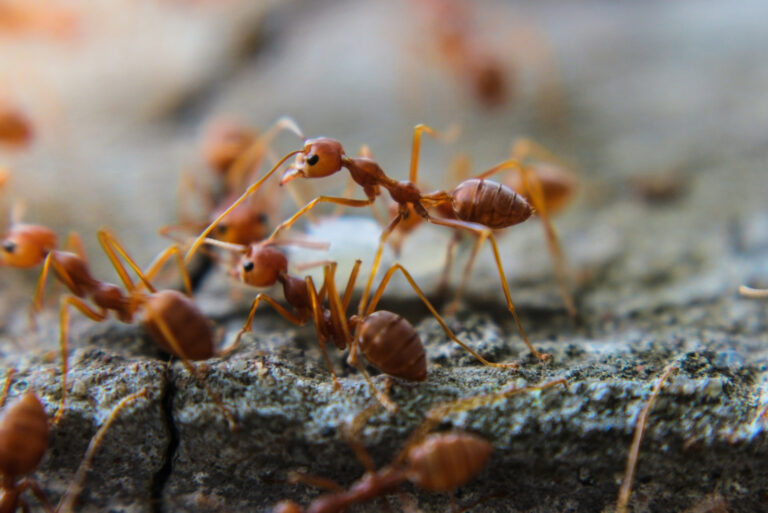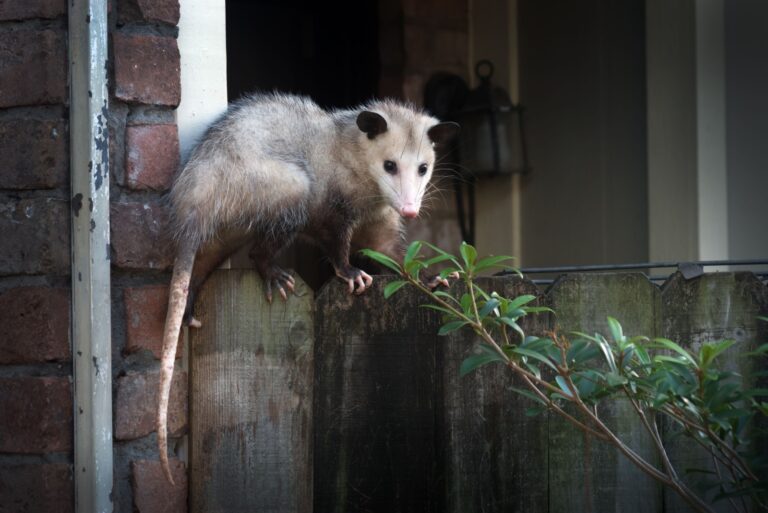9 Things Missouri Homeowners Should Know Before Getting Rid Of Possums
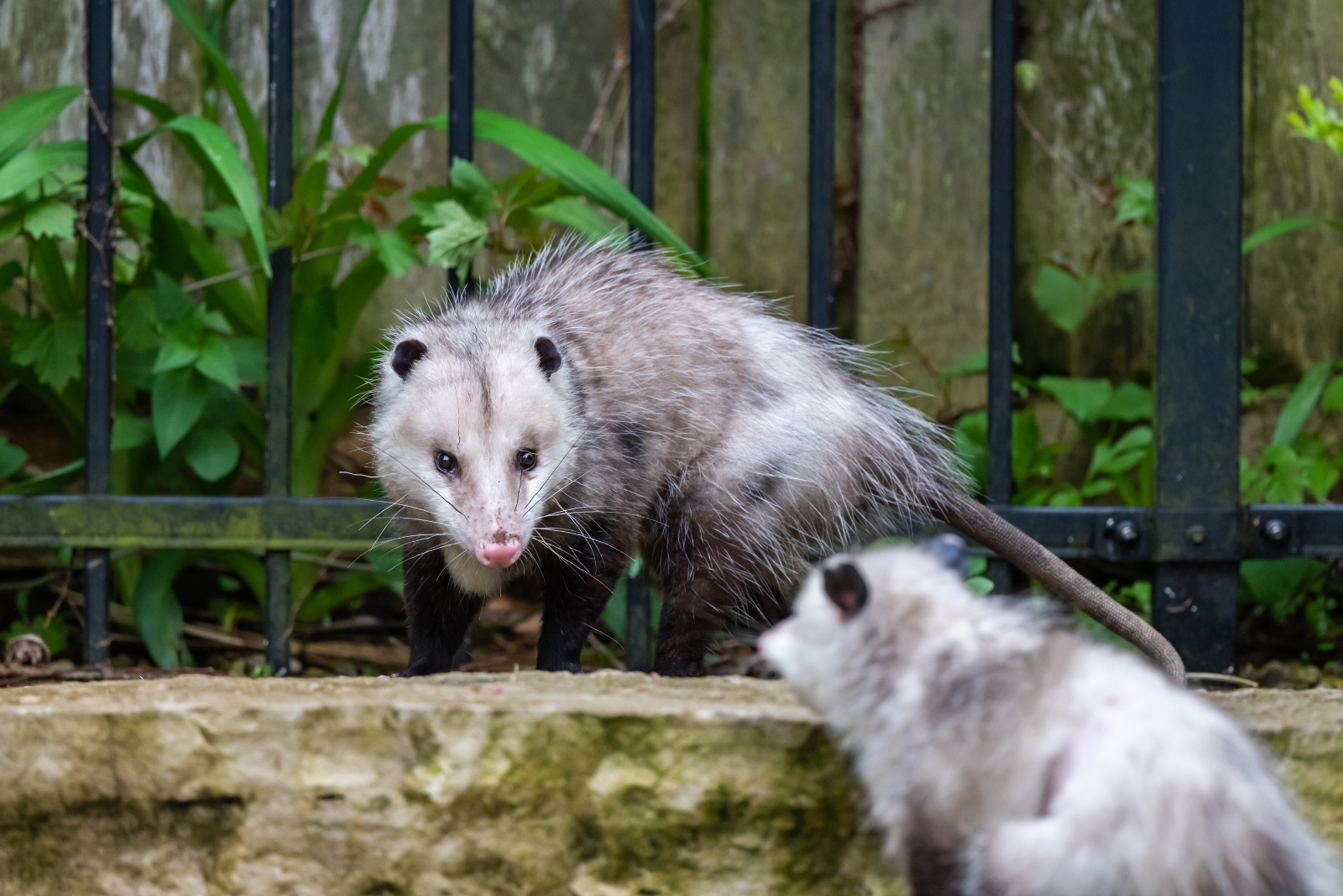
Think that possum rummaging around your yard is just a pesky freeloader? Hold your horses! In Missouri, these nighttime neighbors might be doing you more good than harm — and getting rid of them isn’t as simple as it seems.
Before you go chasing one off, here are 9 things every homeowner should know.
1. Possums Are Nature’s Pest Control
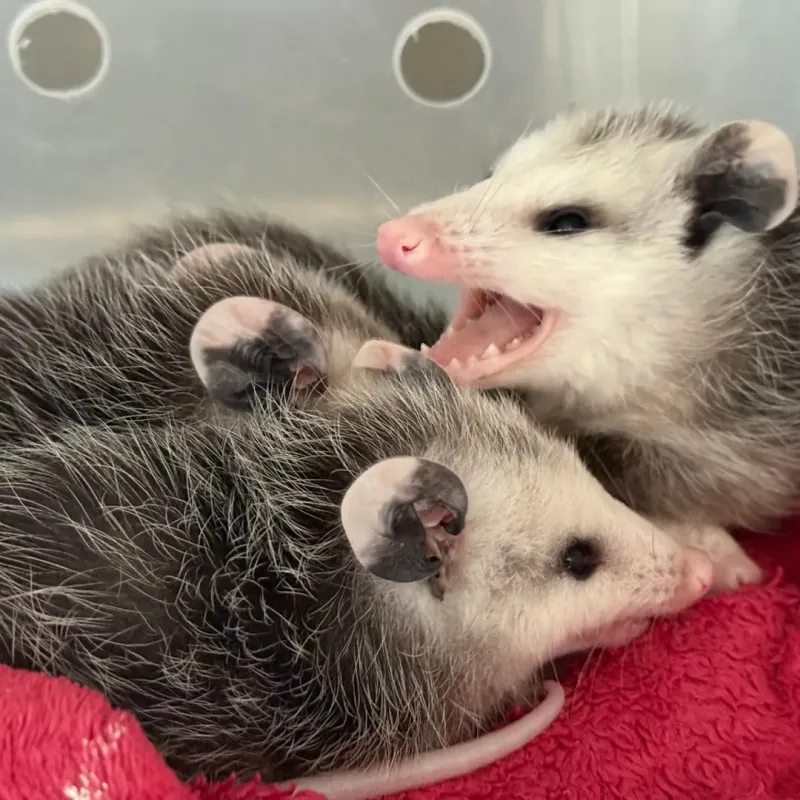
Those pointy-nosed visitors actually provide free pest management services around your home. A single possum can devour thousands of ticks each season, along with mice, rats, cockroaches, and other unwanted pests.
They’ll even munch on venomous snakes without getting sick! Missouri yards with resident possums often have fewer disease-carrying ticks and fewer rodent problems overall, making them natural allies in yard maintenance.
2. They Rarely Carry Rabies
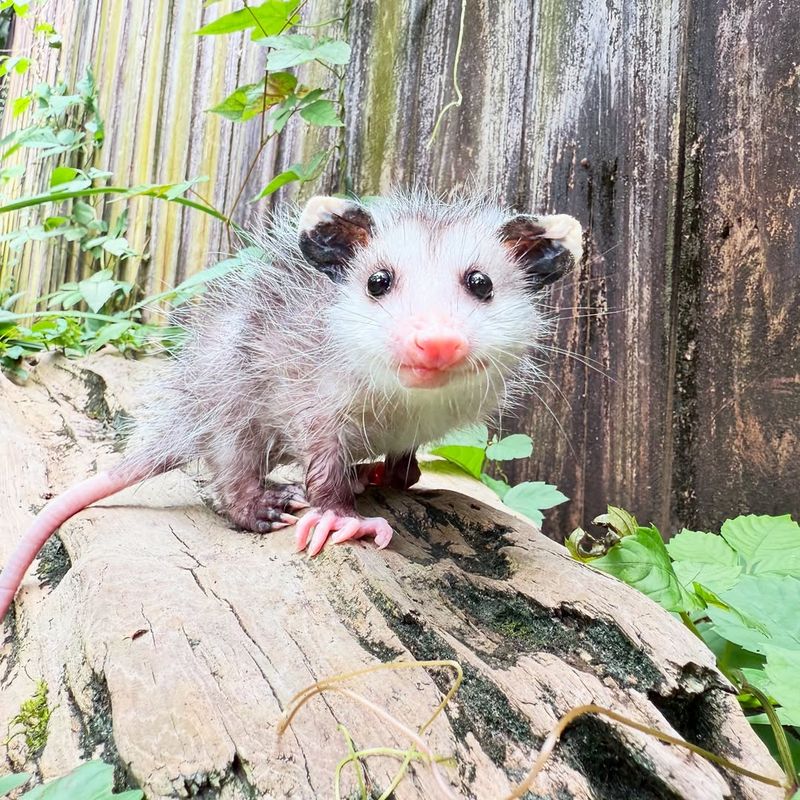
Despite their sometimes scary appearance, possums have remarkably low body temperatures that make them nearly immune to rabies. Their immune system is surprisingly robust against this deadly virus that affects many other mammals.
When threatened, possums will often “play dead” rather than attack, making them one of the least aggressive wildlife visitors you might encounter around your Missouri property. This defense mechanism is completely harmless to humans.
3. Legal Protections Apply
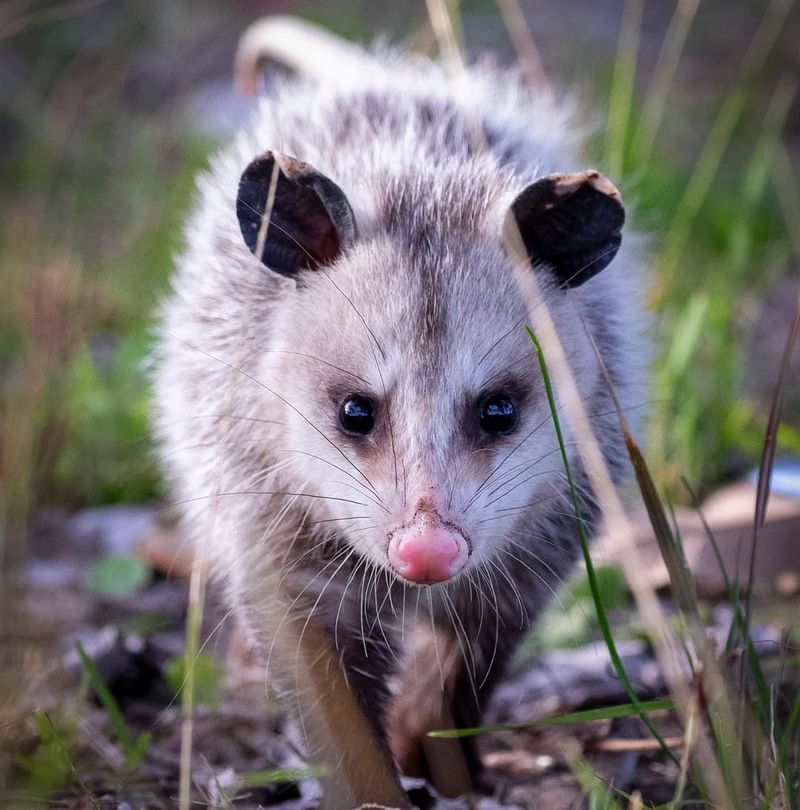
Missouri wildlife laws protect possums during certain seasons, and removing them without proper permits could result in fines. The Missouri Department of Conservation regulates how and when these animals can be trapped or relocated.
Before taking any action, check current regulations or contact a wildlife official. Many removal methods require professional licenses, especially during breeding seasons when mothers may have babies in their pouches.
4. Baby Possums Need Special Consideration
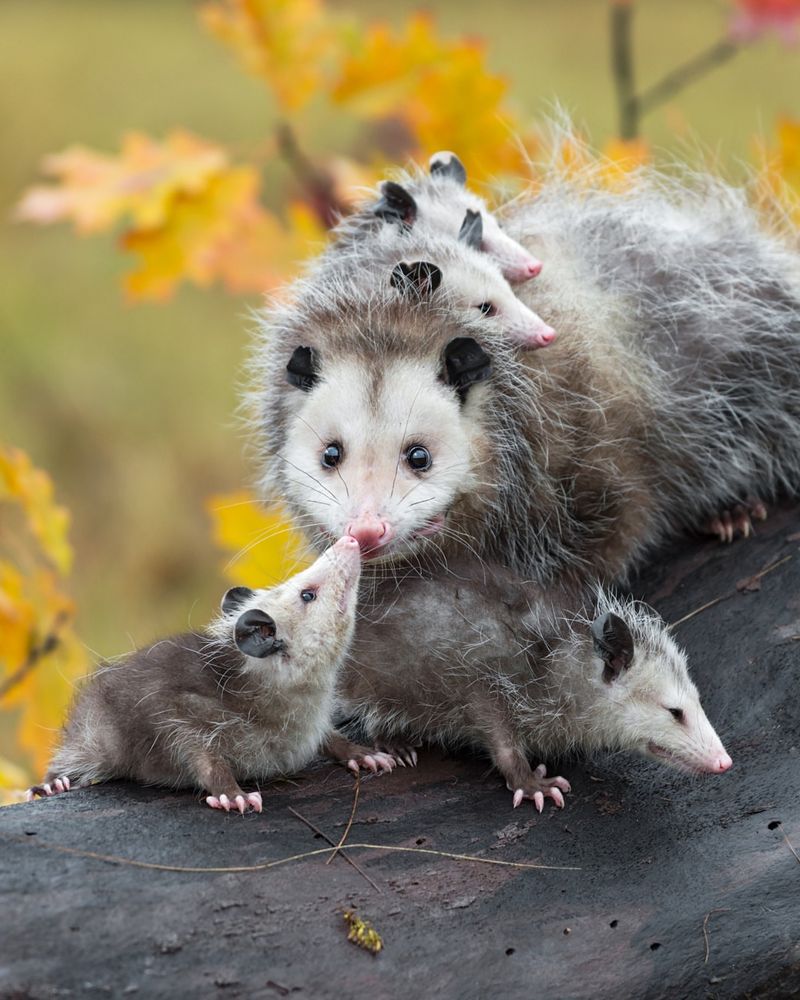
Female possums carry their babies in pouches like kangaroos do. If you remove a mother possum, you might be dooming her babies without realizing it. Baby possums stay with mom for about 3-4 months.
During spring and early summer in Missouri, assume any adult female possum has dependent young. Checking a trapped possum’s pouch for babies is essential, though this should really be done by wildlife professionals who know proper handling techniques.
5. Humane Removal Options Exist
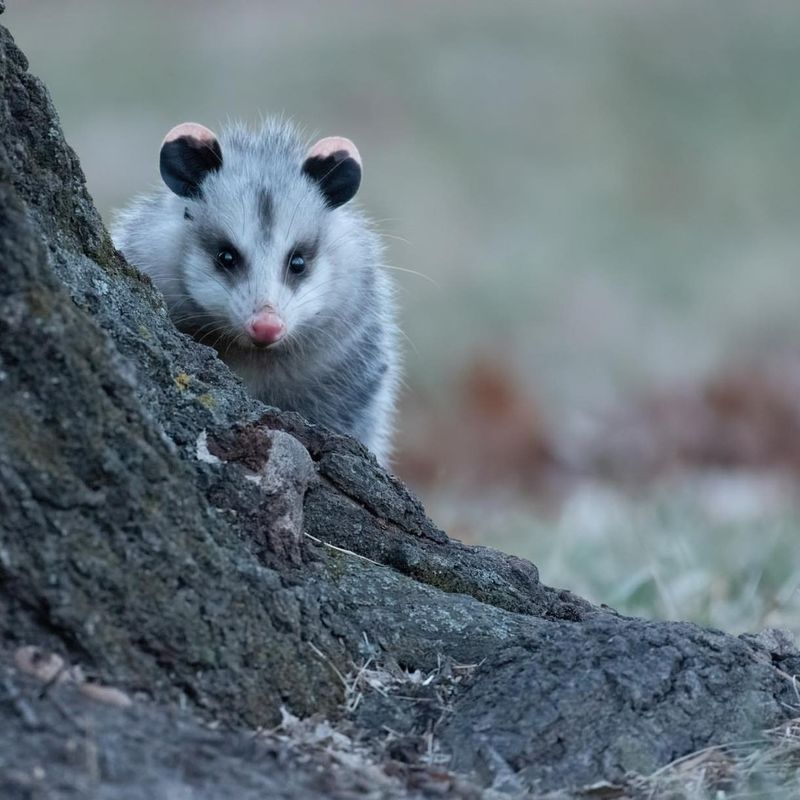
When removal becomes necessary, humane options should be your first choice. One-way exclusion doors allow possums to exit your attic or crawlspace but prevent return entry. These work especially well when installed properly.
Live trapping followed by nearby relocation (where legal) keeps possums alive while solving your immediate problem. Remember that relocated animals face challenges finding new territory, so keeping them within their familiar range is kindest.
6. Prevention Beats Removal
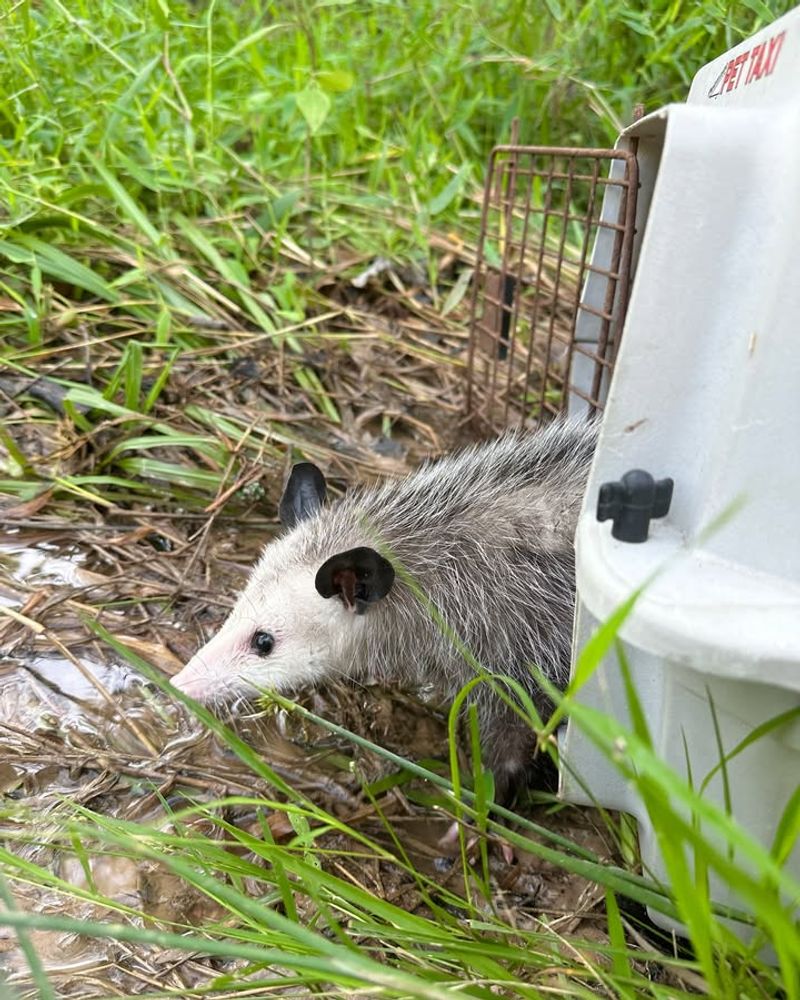
Sealing entry points around your home creates a permanent possum solution without harming wildlife. Check for gaps under decks, holes in soffits, broken vents, and unsecured trash cans—possums can squeeze through surprisingly small openings!
Hardware cloth (metal mesh) works better than chicken wire for blocking access. Motion-activated lights and sprinklers can discourage nighttime visitors without causing harm. Simple preventative measures often solve possum problems before they start.
7. Garden Benefits Outweigh Drawbacks
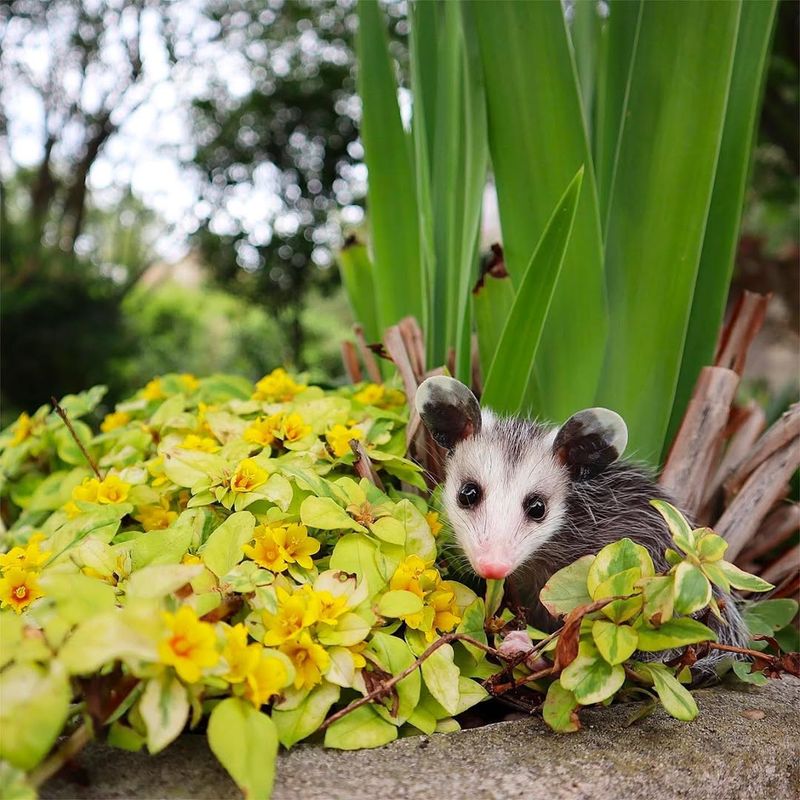
Missouri gardeners might actually want possums around! These nocturnal foragers consume countless slugs, snails, and insects that damage vegetables and flowers. Their constant cleanup of fallen fruit prevents rot and reduces insect breeding grounds.
While they occasionally sample tomatoes or strawberries, their pest control services generally outvalue any produce they eat. Many Missouri gardeners report healthier plants overall when possums visit regularly to handle pest problems.
8. Professional Help Worth Considering
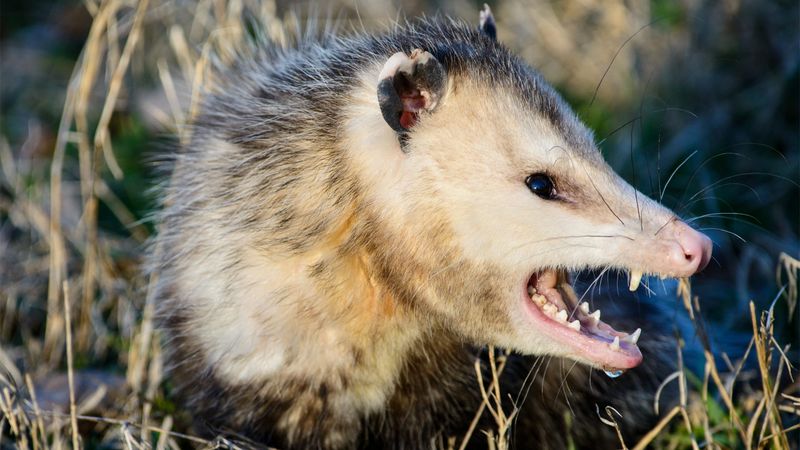
Missouri has licensed wildlife removal specialists trained specifically in humane possum management. These professionals understand local habits, regulations, and the most effective removal techniques for our state’s unique environment.
While DIY approaches might seem cheaper initially, professionals prevent common mistakes like orphaned babies or improper releases. They also identify and address the root causes of possum problems, helping prevent future visits and saving money long-term.
9. Temporary Visitors Usually Move On
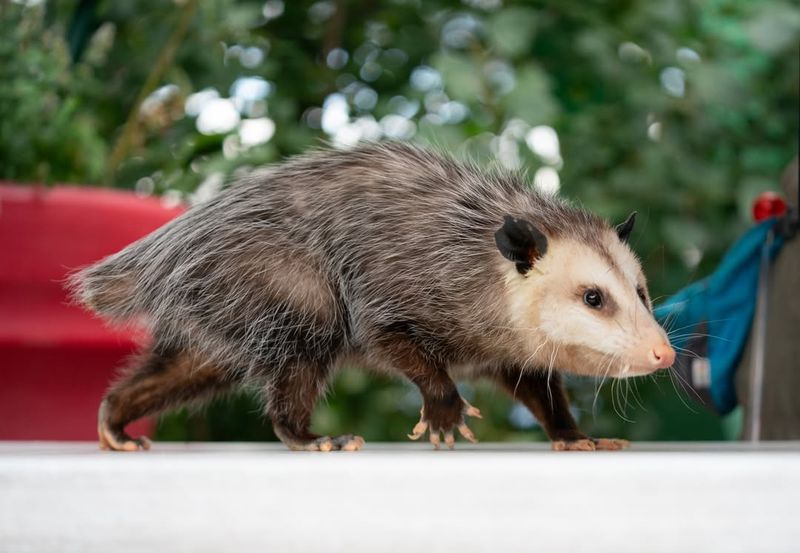
Possums rarely establish permanent homes and typically move territories every few days. That visitor in your yard will likely move along naturally without intervention if you simply wait. Their nomadic lifestyle means most possum “problems” resolve themselves.
During extreme weather, possums might shelter temporarily under decks or in garages. Once conditions improve, they generally continue their wandering ways. Patient Missouri homeowners often find that doing nothing is sometimes the most effective possum management strategy.


